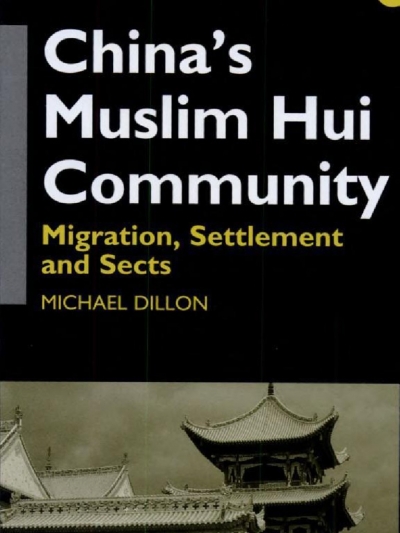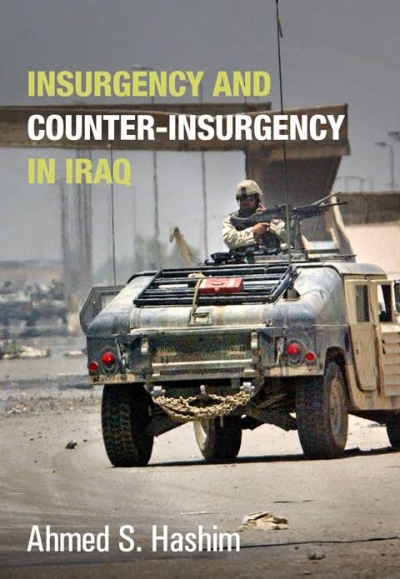



A common threat from the takfiri terrorists has forced the two regimes in Egypt and Syria to cooperate with each other. This is a blow to Saudi machinations in the region.
2It came as a shock to the Saudis that they were not only not invited to the Islamic conference in Grozny but that the final communiqué even excluded them from being Sunnis.
1Is the West, especially the US waking up to Saudi Arabia's destructive influence in the world? This article reproduced from the New York Times, raises pertinent questions about Saudi role, funding and ideological support of extremism in the Muslim world. The photo shows Saudi-inspired ISIS takfiri terrorists executing prisoners.
1Examining the Saudi policy of setting the Salafis and Ikhwanis at each others' throats at a time when foreign powers have their fangs embedded deeply into the flesh of the Ummah.
China's Muslim Hui Community: Migration, Settlement and Sects by Michael Dillon. Pub: Curzon Press, Richmond, UK, 1999. Pp: 208. Hbk: UK40.00.
In recent months, there has been a worrying rise in violent salafi sectarianism in the northern Lebanese port-city of Tripoli, a dangerous new development in the country’s delicate communal balance. KHALIL FADL discusses the background and potential of this trend among Lebanese Sunnis.
An uneasy calm settled over Nahr al-Bared camp when Lebanese defence minister Elias al-Murr declared on June 22 that government troops had captured all the positions of the Islamic militants holed up on the outskirts of this refugee-camp outside the Lebanese city of Tripoli. The announcement marked the end of a fierce battle in which the thud of bombing and the clatter of machine-gun fire echoed almost continuously around Nahr al-Bared while most of its 40,000 residents sought refuge mainly in the nearby Beddawi refugee camp.
Insurgency and Counter-Insurgency in Iraq, by Ahmed S. Hashim. Cornell University Press, Ithaca and New York, US, 2006. Pp: 482. Hbk: $29.95, Pbk: $14.95.
Although representing only a minority of Iraq’s Sunni population, salafist groups have played a disproportionate role in the anti-American resistance and have been responsible for sparking a sectarian war in the country. NASR SALEM discusses the outlook, aims and objectives of Iraq’s salafist extremists...
In the years since the Bush administration intensified its war on Islamic movements opposing its hegemony, it has focused considerable attention on salafi groups in Yemen...
Wahhabism, a peculiar interpretation of Islamic doctrine and practice that first arose in mid-eighteenth century Arabia, is sometimes regarded as simply an extreme or uncompromising form of Sunni Islam. This is incorrect, for at the very outset the movement was stigmatized as aberrant by the leading Sunni scholars of the day, because it rejected many of the traditional beliefs and practices of Sunni Islam and declared permissible warfare against all Muslims that disputed Wahhabi teachings. Nor can Wahhabism be regarded as a movement of “purification” or “renewal,” as the source of the genuinely revivalist movements that were underway at the time. Not until Saudi oil money was placed at the disposal of its propagandists did Wahhabism find an echo outside the Arabian Peninsula.
1


